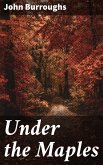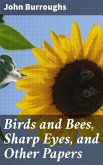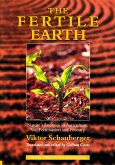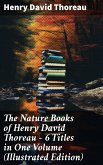In John Burroughs' 'Time and Change', the author delves into the concept of impermanence and transformation through the lens of nature and human experience. Burroughs' elegant prose and keen observations on the natural world reveal a deep appreciation for the cyclical nature of life's changes. The book's reflective tone and vivid descriptions immerse the reader in a contemplative journey of self-discovery and enlightenment. Set against a backdrop of the late 19th century American literary movement, Burroughs' work stands out for its blend of scientific and poetic insights. His unique blend of scientific knowledge and literary craftsmanship elevates 'Time and Change' to a timeless classic that resonates with readers seeking contemplation and inspiration. John Burroughs, a renowned naturalist and essayist, drew inspiration from his deep connection to nature and his philosophical musings on the human experience when writing 'Time and Change'. His profound understanding of the natural world and deep introspection shine through in his thoughtful exploration of change and transformation. 'Time and Change' is highly recommended for readers interested in philosophical reflections on life's transience and the beauty of the natural world.








